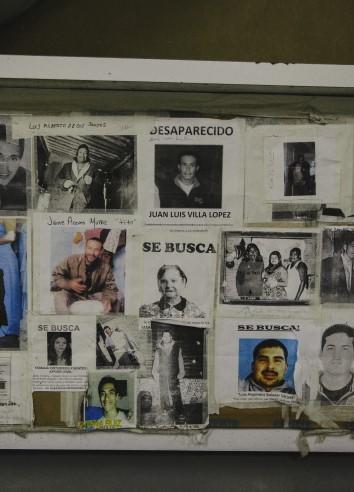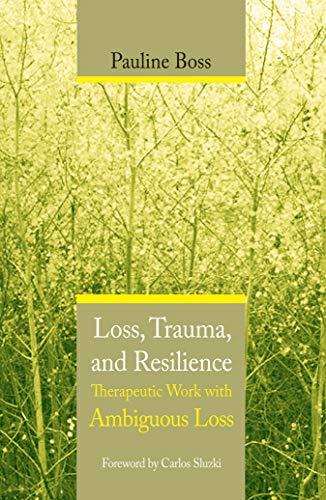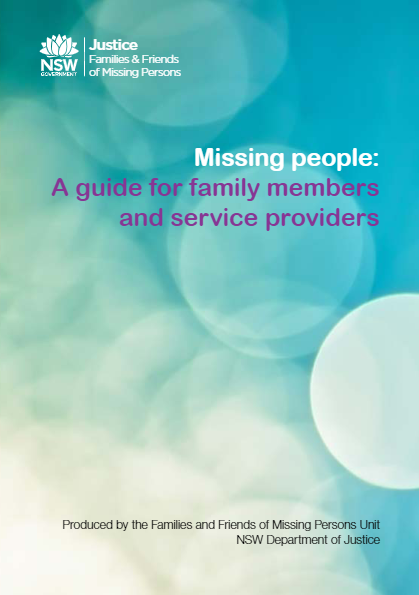
Families of the missing: Psychosocial effects and therapeutic approaches
Families of the missing often have no facts to clarify whether their loved one is alive or dead, or if dead, where the remains are located. Such loss is called "ambiguous loss", and those suffering from it will usually resist change and will continue to hope that the missing person will return. As this article will endeavour to explain, our goal as professionals working with the families of the missing is to help them shift to another way of thinking that allows them to live well despite ambiguous loss. To do this, we must acknowledge that the source of suffering – the ambiguity – lies outside the family. The article offers a psychosocial model with six guidelines focusing on meaning, mastery, identity, ambivalence, attachment, and finding new hope.







